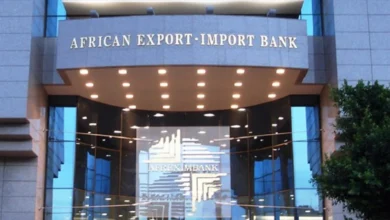
The International Monetary Fund openly criticized Britain’s new economic strategy on Tuesday, following another slide in bond markets that forced the Bank of England (BoE) to promise a “significant” response to stabilize the economy.
Pressure piled on new finance minister Kwasi Kwarteng to reassess his policy, which unleashed turmoil in financial markets, as leading economists, investors and executives said that rock-bottom investor confidence would only be restored if the plan were scrapped.
New British Prime Minister Liz Truss of the Conservative Party came into office on September 6, saying she wanted to snap the economy out of years of stagnant growth with deep tax cuts and deregulation.
Kwarteng’s plan is designed to support households and businesses with energy bills while doubling the long-run rate of economic growth. It requires an additional 72 billion pounds ($77.17 billion) in government debt issuance in this fiscal year alone, shocking investors and sending the costs of such borrowing even higher.
The IMF said the proposals, which sent the pound to an all-time low of $1.0327 on Monday, would likely increase inequality and it questioned the wisdom of such policies.
“Given elevated inflation pressures in many countries, including the UK, we do not recommend large and untargeted fiscal packages at this juncture, as it is important that fiscal policy does not work at cross purposes to monetary policy,” an IMF spokesperson said.
“We are closely monitoring recent economic developments in the UK and are engaged with the authorities,” the spokesperson said.
The IMF holds symbolic importance in British politics: its bailout of Britain in 1976 following a balance-of-payments crisis had long been regarded as a low point of modern British economic history.
The Fund said a budget due from Kwarteng on November 23 would provide an “early opportunity for the UK government to consider ways to provide support that is more targeted and reevaluate the tax measures, especially those that benefit high-income earners.”
Earlier in the day, BoE Chief Economist Huw Pill said the central bank was likely to deliver a “significant” rate increase when it meets next in November, adding that financial market upheaval would have a big impact on the economy and would be factored into its next forecasts.
British government bonds have sold off at a ferocious pace since the fiscal plans sparked a crisis of confidence in Truss’s handling of the economy.
“It is hard not to draw the conclusion that this will require a significant monetary policy response,” Pill told the CEPR Barclays Monetary Policy Forum.
With analysts still speculating about Britain’s future financial direction, and markets volatile, a growing number of mortgage providers, unable to price loans, suspended sales.





